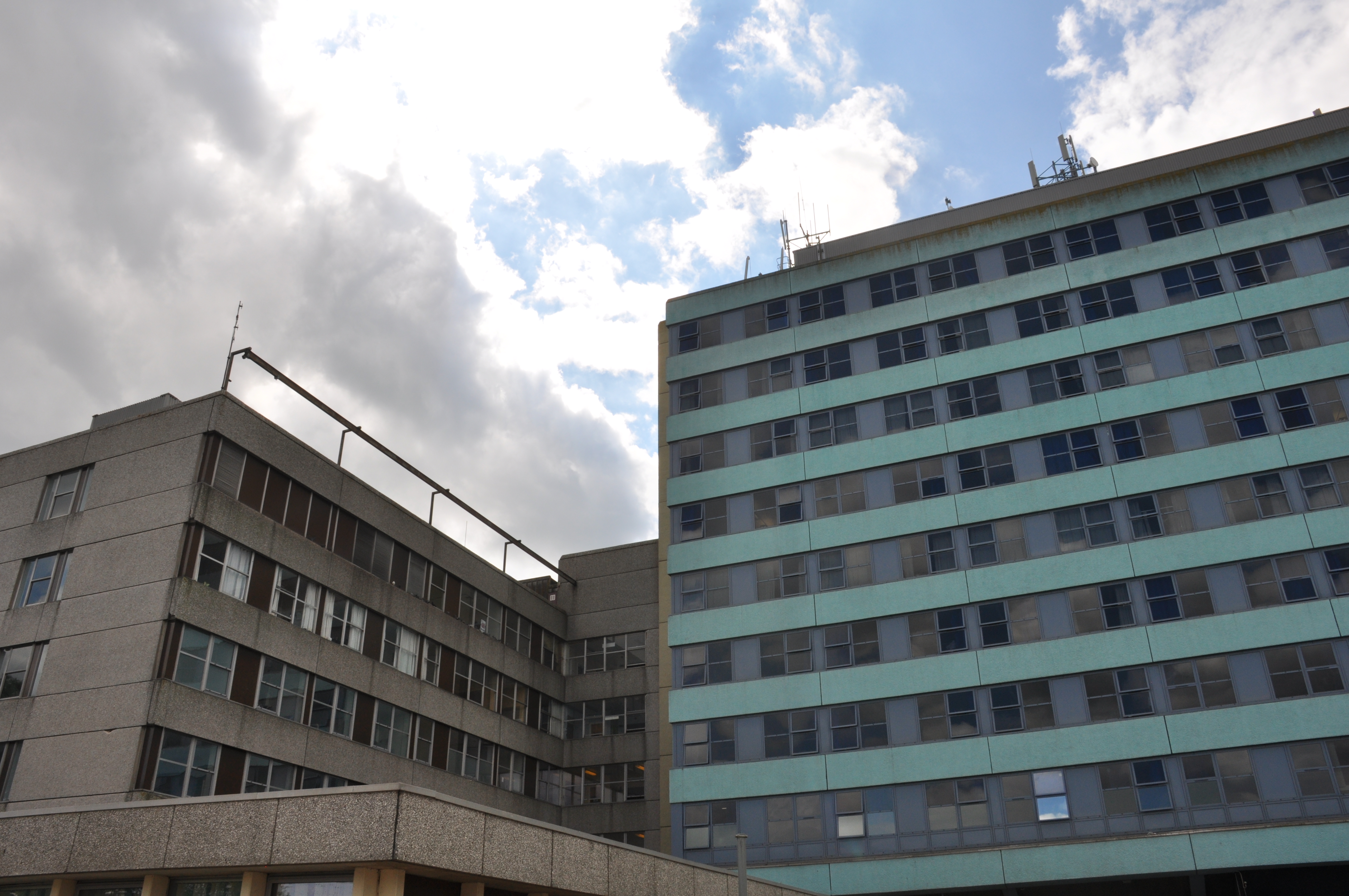Lincolnshire Hospitals look to slash carbon emissions and save millions

United Lincolnshire Hospitals NHS Trust is embarking upon a trio of major energy-saving projects across its main hospital sites. The three projects are expected to save the Trust more than £1.2 million a year.
Lincolnshire Hospitals is one of the largest acute trusts in England, serving a population of 720,000. The Trust has already implemented several initiatives to reduce the size of its carbon footprint, achieving a 13 per cent reduction between 2009 and 2015 – against a national average of 10 per cent.
The trust has been working with sustainability consultant, ETL, on an Energy Performance Contract (EPC) to procure and appoint an energy supplier and negotiate the best possible deal for the Trust.
As part of its long-term Sustainable Development Management Plan (SDMP), the trust is working with Veolia to introduce a new Combined Heat and Power (CHP) centre at Lincoln County Hospital, funded by Salix Finance. This will provide more efficient heating and hot water facilities for its patients and staff at lower cost. The new centre is expected to be operational by mid-2020.
It will also be installing energy-efficient LED lighting across its main hospital sites – Lincoln County, Grantham Hospital, and Pilgrim Hospital in Boston. The LEDs, funded through the NHSI Energy Efficiency Fund, are expected to last longer than conventional lighting, saving up to 70 per cent in money and energy and creating a better environment for patients and staff.
Finally, the Trust intends to utilise Salix Finance to convert the main energy supply at Pilgrim Hospital to gas from heavy fuel oil. This will ensure there is a reliable, lower carbon supply of energy to the site, which is currently working on plans to increase services at the site.
Commenting on the announcement, Claire Hall, Associate Director Strategic Business Planning, in the Estates and Facilities team, said: “Sustainability, energy efficiency and carbon reduction are at the heart of our management policy. We have already made great strides in reducing our carbon footprint. By upgrading and investing in sustainable technologies, it’s our ambition to reduce this by 28 per cent by 2021.”
ETL has been working with United Lincolnshire since 2015 and has played a central role in the selection process and eventual appointment of Veolia, supporting the business case for investment, internal trust engagement and agreement of a full managed service agreement (MSA).
Alexandra Hammond, Sustainability Director at ETL, said: “These large-scale, high impact projects will play a critical role if the NHS is to reach its ambition of being a net zero carbon health service. This was an in-depth piece of work that required detailed understanding of the contractual arrangements and the Trust’s approach to contract management.”
